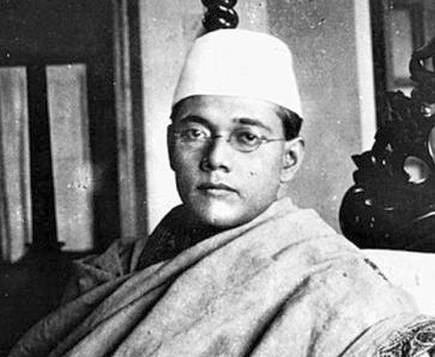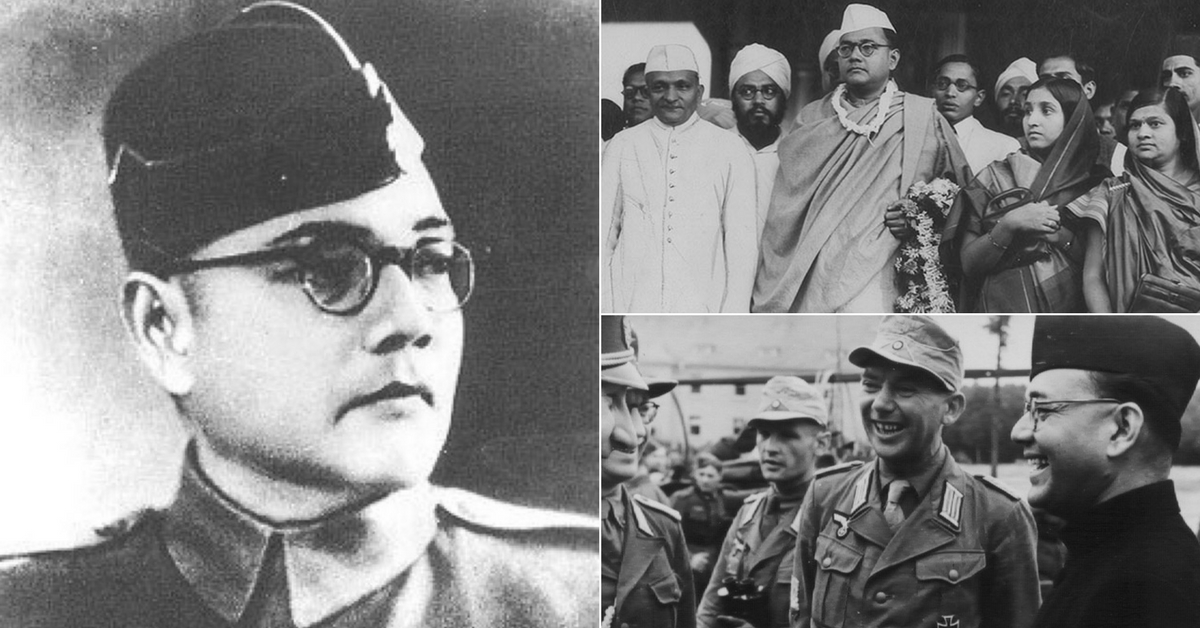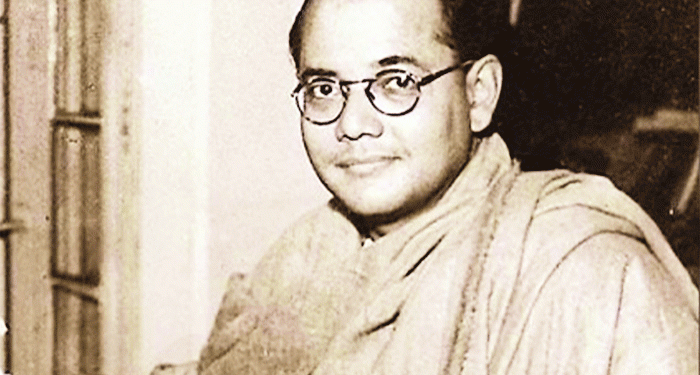‘Tum mujhe khoon do, main tumhe aazadi dunga’- the famous slogan delivered by Subhas Chandra Bose at an Indian National Army rally in Burma in 1944 inspired millions. Despite being a Bengali by birth, Bose continues to hold a special place in the hearts of Odias.
Born January 23, 1897, in Cuttack, Bose is remembered by citizens not just for being revolutionary par excellence but also for being a master strategist and an extremely luminous person. Bose was the ninth child among fourteen children in the family.

During his student days, Bose was deeply influenced and inspired by Swami Vivekananda’s teachings. He was known for his patriotic zeal even while he was a student.
Today is the 123rd birth anniversary of Bose who is fondly remembered as Netaji. He was not just a great revolutionary but also a very brave soul.
In the year 1902, following in the footsteps of his brothers and sisters, he took admission to the Protestant European School or Stewart School as it is known now. A few years later, he left Stewart and joined Ravenshaw Collegiate School.

In 1919, Bose went to Fitzwilliam College, Cambridge to prepare for the Indian Civil Services Examination. Though he bagged the 4th place in the examination, he refused to work under the British government.
In 1924, he was appointed as the chief executive officer of the Calcutta Municipal Corporation. Bose was then deported to Myanmar since he was suspected of connections with secret revolutionary movements.
He continues to inspire generations of Indians even 75 years after his death, allegedly in a plane crash. The fact of his death is well established, but the controversy is kept alive by many vested interests, both political parties and individuals exploiting the lack of historical awareness among the new generation for their selfish goals.
PNN






































